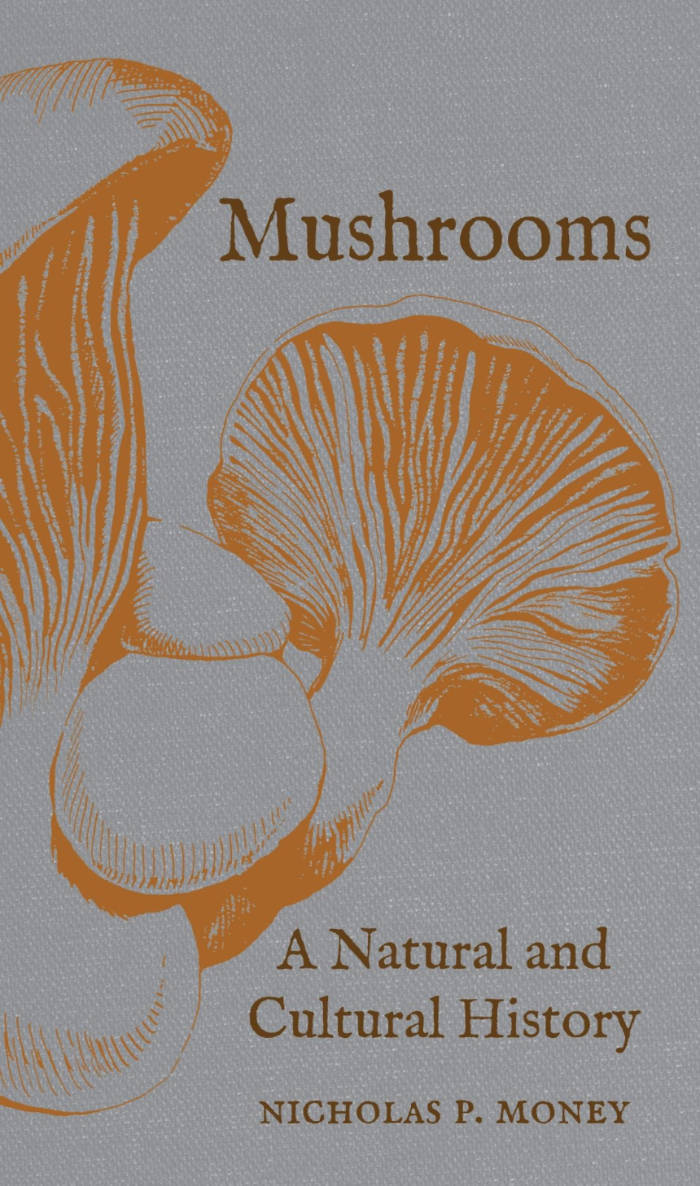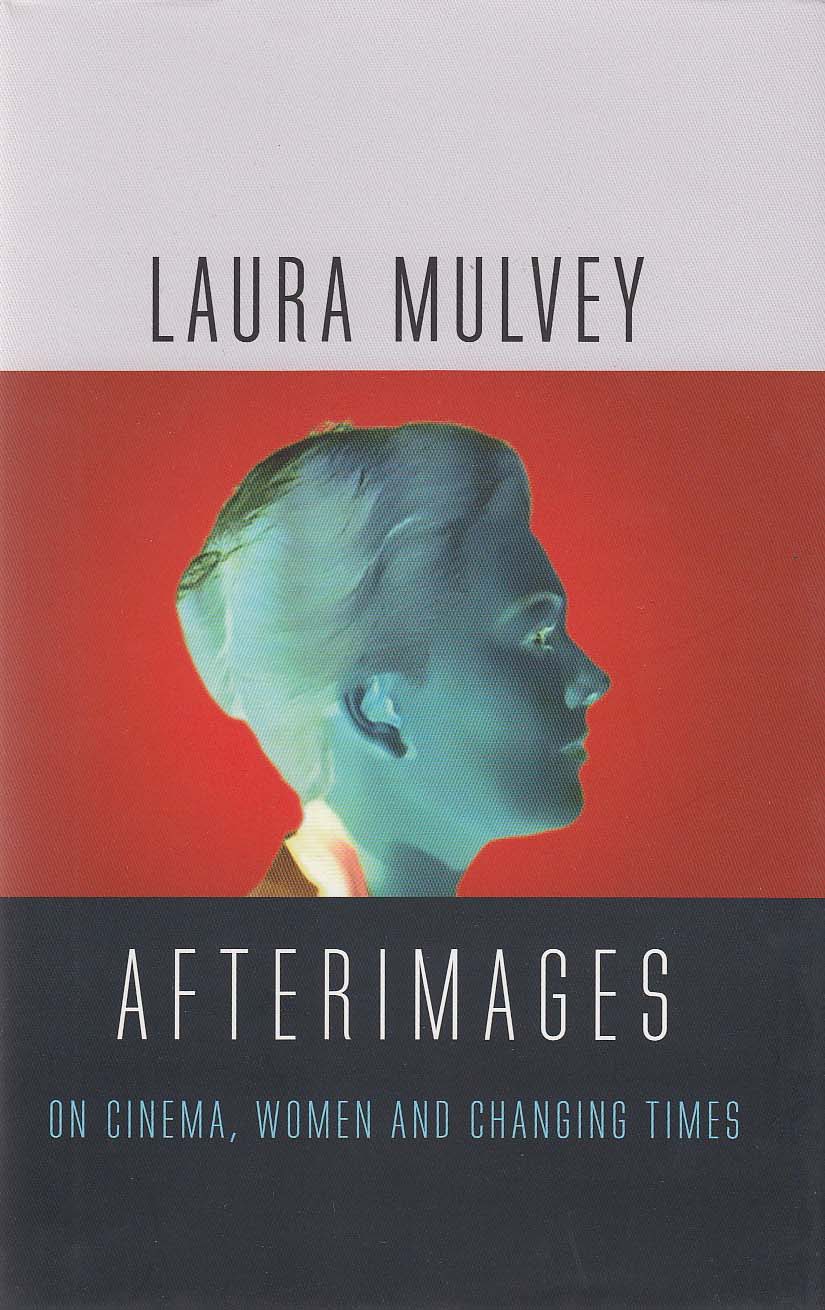Reaktion Books
Reaktion Books

Mushrooms: A Natural and Cultural History
Mushrooms hold a peculiar place in our culture: we love them and despise them, fear them and misunderstand them. They can be downright delicious or deadly poisonous, cute as buttons, or utterly grotesque. These strange organisms hold great symbolism in our myths and legends. In this book, Nicholas P. Money tells the utterly fascinating story of mushrooms and the ways we have interacted with these fungi throughout history. Whether they have populated the landscapes of fairytales, lent splendid umami to our dishes, or steered us into deep hallucinations, mushrooms have affected humanity from the earliest beginnings of our species.
As Money explains, mushrooms are not self-contained organisms like animals and plants. Rather, they are the fruiting bodies of large—sometimes extremely large—colonies of mycelial threads that spread underground and permeate rotting vegetation. Because these colonies decompose organic matter, they are of extraordinary ecological value and have a huge effect on the health of the environment. From sustaining plant growth and spinning the carbon cycle to causing hay fever and affecting the weather, mushrooms affect just about everything we do. Money tells the stories of the eccentric pioneers of mycology, delights in culinary powerhouses like porcini and morels, and considers the value of medicinal mushrooms. This book takes us on a tour of the cultural and scientific importance of mushrooms, from the enchanted forests of folklore to the role of these fungi in sustaining life on earth.

After Images
Marking a return for Laura Mulvey to questions of film theory and feminism, as well as a reconsideration of new and old film technologies, this urgent and compelling collection of essays is essential reading for anyone interested in the power and pleasures of moving images.
Its title, Afterimages, alludes to the dislocation of time that runs through many of the films and works it discusses as well as to the way we view them. Beginning with a section on the theme of woman as spectacle, a shift in focus leads to films from across the globe, directed by women and about women, all adopting radical cinematic strategies. Mulvey goes on to consider moving image works made for art galleries, arguing that the aesthetics of cinema have persisted into this environment.
Structured in three main parts, Afterimages also features an appendix of ten frequently asked questions on her classic feminist essay "Visual Pleasure and Narrative Cinema," in which Mulvey addresses questions of spectatorship, autonomy, and identity that are crucial to our era today.
Published Jan, 2020.